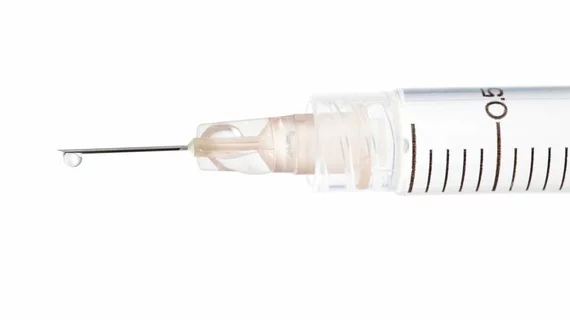FDA approves drug for children with rare condition causing high LDL cholesterol
The U.S. Food and Drug Administration (FDA) has approved Evkeeza (evinacumab-dgnb), a cholesterol-lowering drug developed by Regeneron Pharmaceuticals, for use in patients ages 5 to 11 with homozygous familial hypercholesterolemia (HoFH), a rare but serious inherited condition that causes extremely high levels of low-density lipoprotein (LDL) cholesterol, often referred to as "bad" cholesterol.
Approximately 1,300 people in the U.S. have the condition, putting them at risk for premature heart disease. The approval of Evkeeza represents an important milestone for patients with HoFH, who until now have had limited treatment options available to them, according to Carissa M. Baker-Smith, MD, MPH, a trial investigator.
“Guidelines recommend screening all children at high risk for homozygous familial hypercholesterolemia starting at age 2. However, until now, a positive diagnosis was often met with the frustration of having limited treatment options to help these children,” said Smith, who is also a pediatric cardiologist, and codirector of the Nemours Cardiac Center Cardiovascular Research and Innovation Program, in a Regeneron statement about the study.
The approval of Evkeeza came after a phase 3 trial that evaluated the drug's safety and efficacy in patients with HoFH who were already taking other lipid-lowering therapies. The trial showed that Evkeeza significantly lowered LDL cholesterol levels by an average of 48% in patients after 24 weeks.
For rare diseases such as HoFH, an FDA-approved treatment represents a noteworthy win.
“Only 5% of rare diseases actually have an FDA-approved treatment,” explained Mary McGowan, MD, Chief Medical Officer of the Family Heart Foundation. “With this FDA approval, the HoFH community now has a much-needed treatment for young children, potentially making it possible for many to achieve recommended LDL-C levels much earlier in the course of this rare disease. This is a hopeful development for those living with HoFH.”
View the full statement about the drug's approval here.
